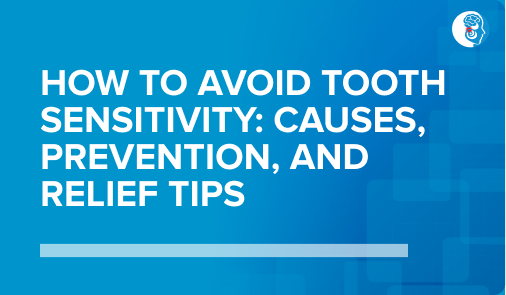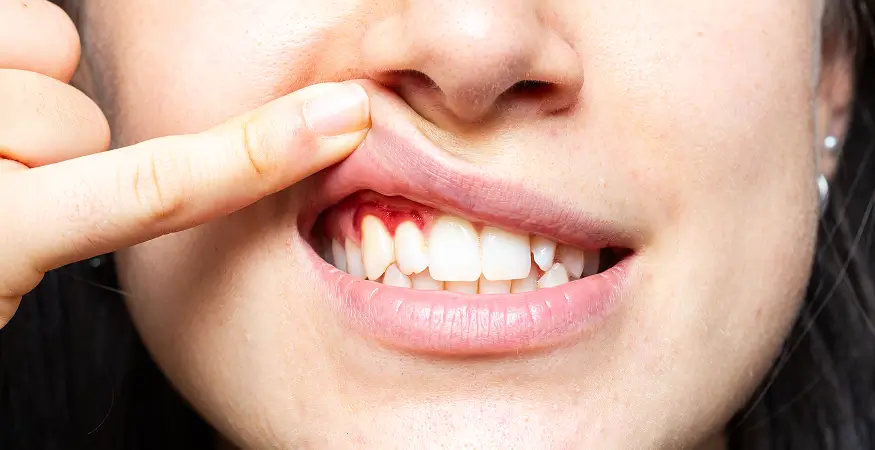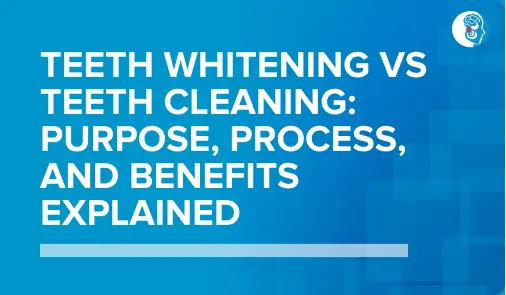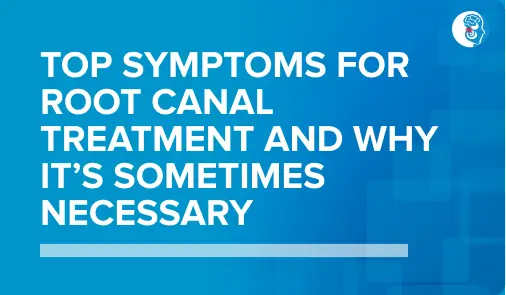
How to Avoid Tooth Sensitivity: Causes, Prevention, and Relief Tips
Tooth sensitivity can turn everyday moments into painful ones. A sip of cold water, a hot drink, or even brushing your teeth may cause sudden
Published on

| Feature | Toothache | TMJ Jaw Pain |
|---|---|---|
| Location of Pain | Localised to a specific tooth or area in the mouth | Can be felt in the jaw joint, temples, ear, or even the neck |
| Type of Pain | Sharp, throbbing, or constant | Dull ache, tenderness, or radiating pain |
| Aggravating Factors | Chewing, hot or cold foods, pressure on the tooth | Jaw movement (chewing, talking, yawning), stress, clenching or grinding teeth |
| Accompanying Symptoms | Swelling, redness, sensitivity in the affected tooth or gum | Clicking or popping sound in the jaw joint, limited jaw movement, headache, earache |
| Possible Causes | Cavities, infection, gum disease | Stress, injury, arthritis, teeth grinding |


After knowing how you come across pain in teeth and jaw, you can now understand if it is just a toothache or a TMJ issue. If you still are not able to differentiate the pain between the two, it is crucial for you to visit a dentist or a TMJ specialist as they will come up with accurate diagnoses.
If you are having persistent pain, limited jaw movement or bite problems, frequent clicking or locking of jaw do not hesitate to visit your dentist. One such dental clinic is TMJ India which houses some of the best TMJ specialists in the country that provide the best treat for TMJ disorders.
Contact us
Our other blogs

How to Avoid Tooth Sensitivity: Causes, Prevention, and Relief Tips
Tooth sensitivity can turn everyday moments into painful ones. A sip of cold water, a hot drink, or even brushing your teeth may cause sudden

Teeth Whitening vs Teeth Cleaning: Purpose, Process, and Benefits Explained
A healthy smile depends on more than daily brushing. Professional dental care plays a key role in keeping teeth clean, gums healthy, and smiles confidently.

Top Symptoms for Root Canal Treatment and Why It’s Sometimes Necessary
Tooth pain is not always easy to understand. Some pain goes away on its own. Other pain keeps coming back or getting worse over time.
WhatsApp us